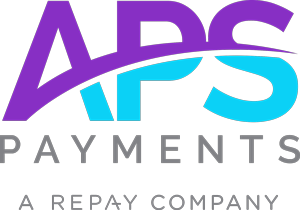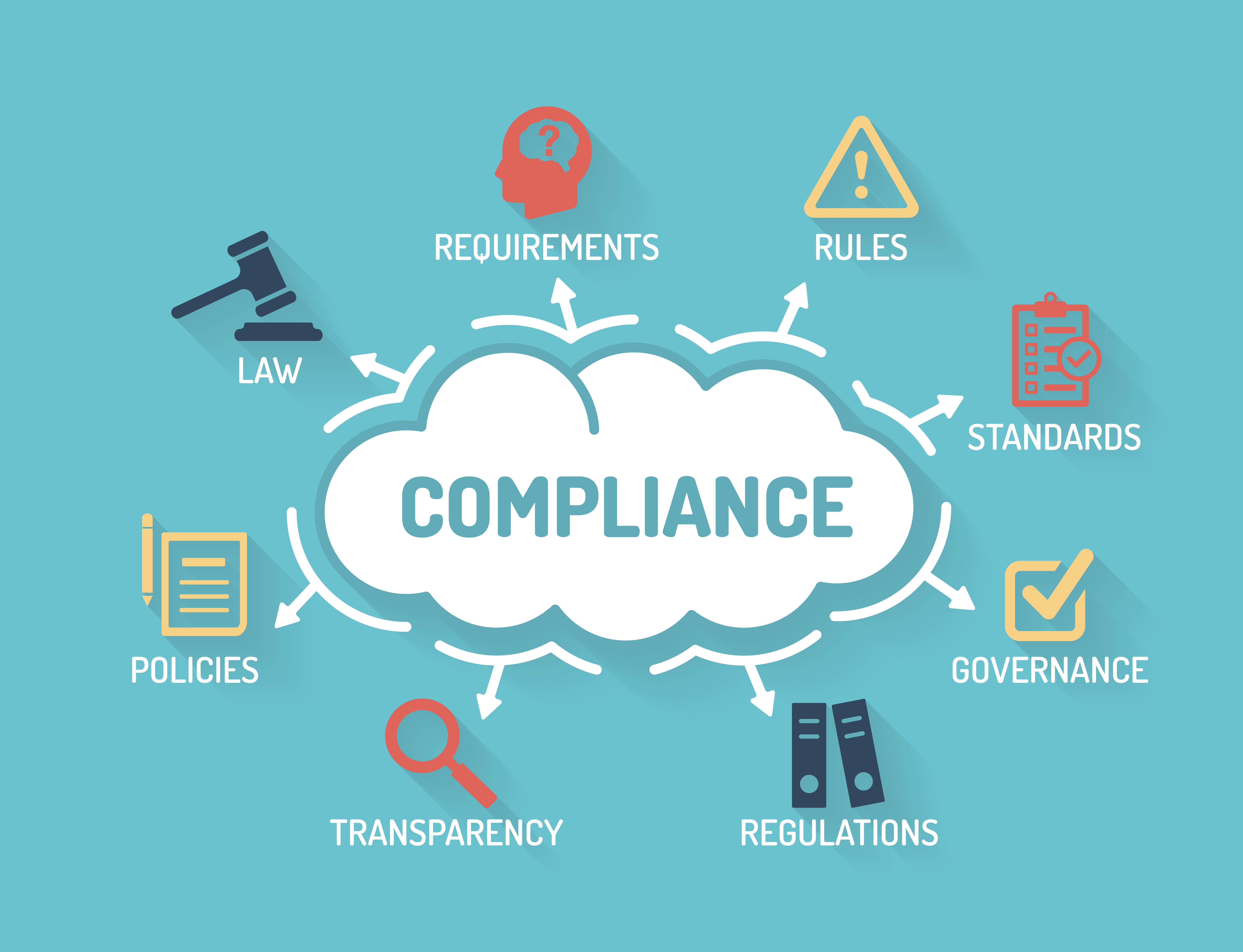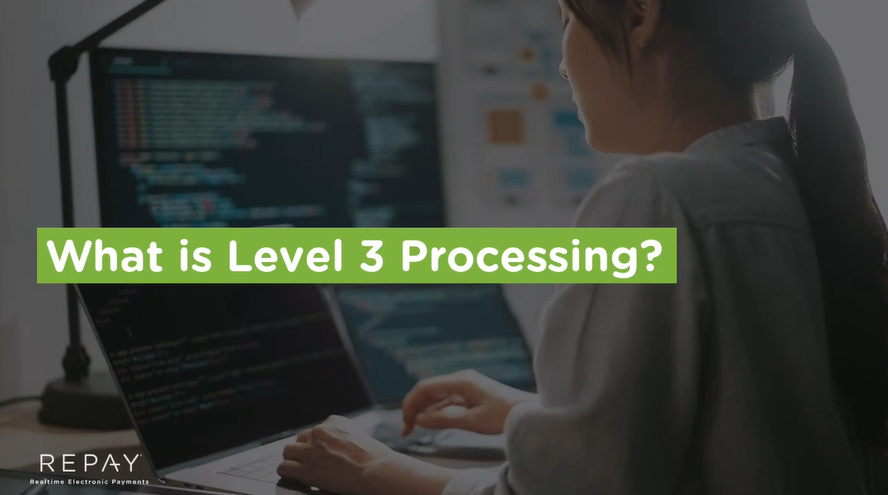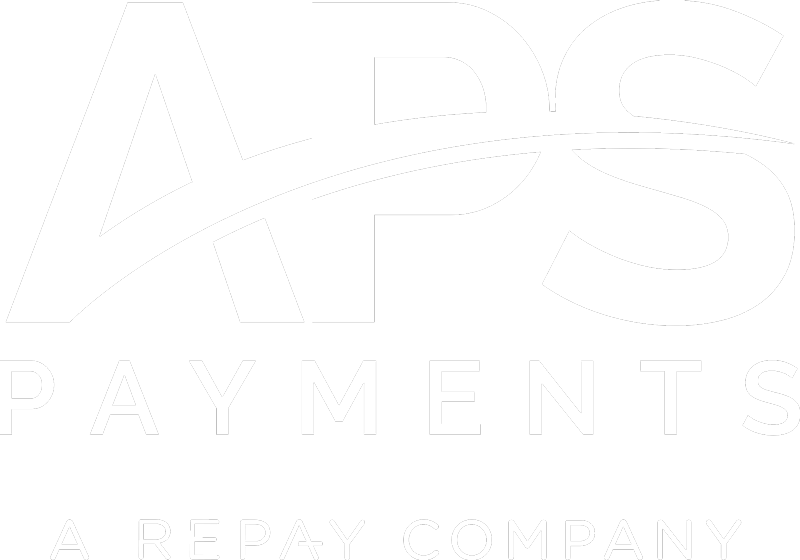PC Charge is discontinued middle ware that is no longer supported. It stores credit card information on the local server. For this reason, it is possible the local server can be hacked, compromising the credit card data. If you are still using this discontinued solution you should be looking for PC Charge alternatives. Companies using PC Charge may be held accountable for any credit card data theft in the case of a data breach.
In 2015, Verifone announced the retirement of PC Charge. Since it is no longer supported, users are not able to validate PCI DSS compliance. In order to validate PCI DSS compliance you must find a PCI DSS compliant solution. We receive many calls from companies exploring options to PC Charge. If you are looking for a credit card processing replacement, you have come to the right place!
Payment Card Industry Data Security Standards (PCI DSS) were first introduced in 2004 and have tightened ever since. The standard was created to increase controls and reduce credit card fraud. In short, PCI compliance is a set of industry standards used to measure the security of businesses that accept, process, store, and transmit credit card information. If a company is PCI compliant they are less likely suffer data breaches that could expose customers to identify theft. If a company has a merchant ID and accepts credit cards in either their physical or virtual business, then they are subject to PCI DSS industry standards. . It is important to find a credit card processing solution that is PCI compliant.













